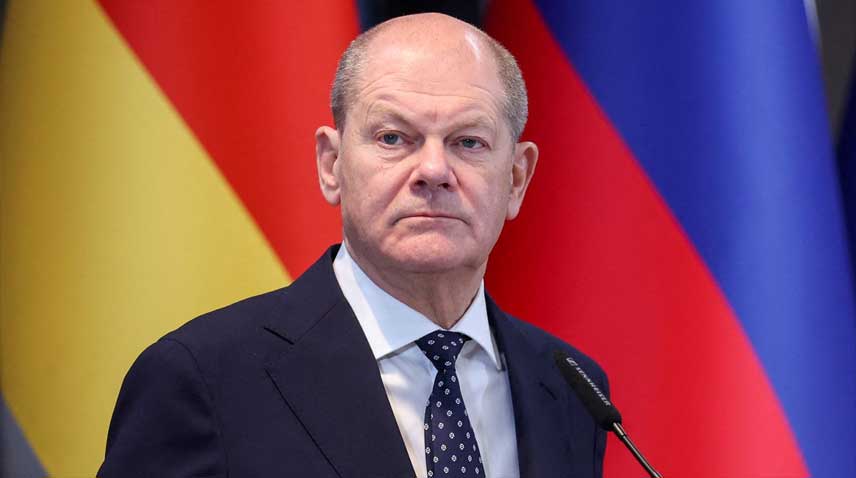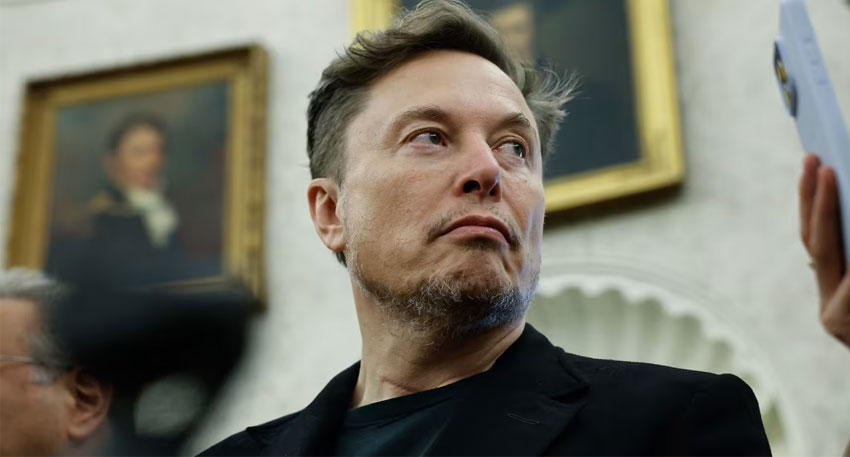
It clears the way for an early election on Feb 23 necessitated by the collapse of his government, Reuters reported.
Scholz s three-party coalition fell apart last month after the pro-market Free Democrats, leaving his Social Democrats (SPD) and the Greens without a parliamentary majority just as Germany faces a deepening economic crisis.
Under rules designed to prevent the instability that facilitated the rise of fascism in the 1930s, President Frank-Walter Steinmeier can only dissolve parliament and call an election if the chancellor calls, and loses, a confidence vote.
Scholz, who will head a caretaker government until a new one can be formed, defended his record as a crisis leader who had dealt with the economic and security emergency triggered by Russia s full-scale invasion of Ukraine in 2022.
If given a second term, he said, he would invest heavily in Germany s creaking infrastructure rather than making the spending cuts he said the conservatives wanted.
"Shortsightedness might save money in the short term, but the mortgage on our future is unaffordable," said Scholz, who served four years as finance minister under a previous coalition with the conservatives before becoming chancellor in 2021.
Merz told Scholz his spending plans would burden future generations and accused him of failing to deliver on promises of rearmament after the start of the Ukraine war.
CONSERVATIVES IN CLEAR LEAD IN OPINION POLLS
The conservatives have a comfortable, albeit narrowing lead of more than 10 points over the SPD in most polls. The far-right Alternative for Germany (AfD) is slightly ahead of Scholz s party, while the Greens are in fourth place.
The mainstream parties have refused to govern with the AfD, but its presence complicates the parliamentary arithmetic, making unwieldy coalitions more likely.
The conservatives have also hinted they could back measures to better protect the Constitutional Court from the machinations of a future populist or anti-democratic government and to extend a popular subsidised transport ticket.
Measures to ease unintended burdens on taxpayers could also pass if regional governments agree, but Merz rejected a Green proposal to cut energy prices, saying he wanted a totally new energy policy.
"It s very unlikely the next government will have it easier," Habeck said.




